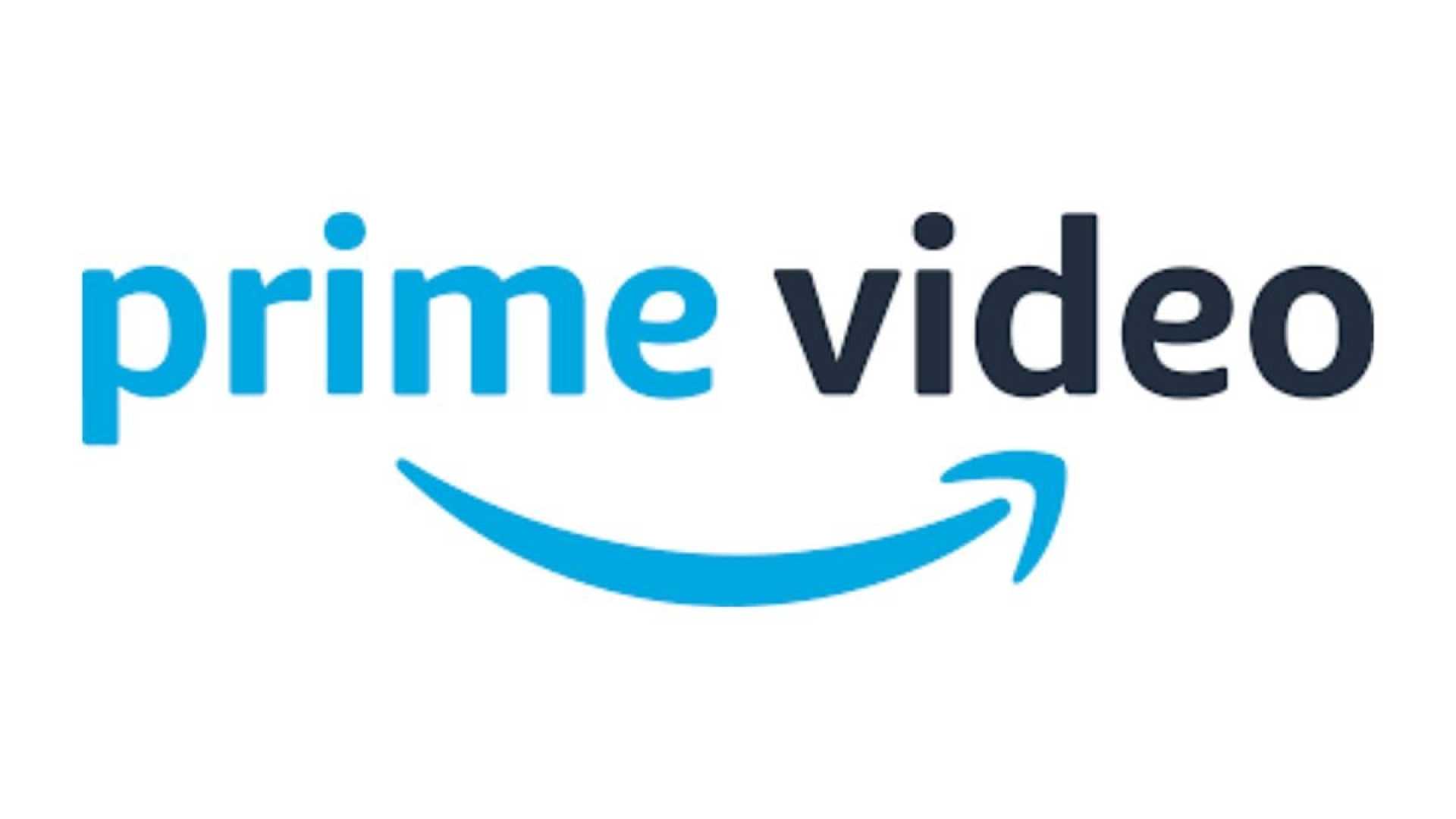News
Amazon Seeks Dismissal of Lawsuit over Prime Video Ads

Amazon is actively seeking the dismissal of a class-action lawsuit filed by disgruntled users of its Prime Video service. The lawsuit arose after Amazon decided to include advertisements as a default feature unless customers opt to pay an additional fee of $2.99 per month to enjoy ad-free content.
In a filing on October 4 with the U.S. District Court for the Western District of Washington in Seattle, Amazon defended its stance by referencing its terms and conditions. According to these terms, Amazon reserves the right “to add or remove Prime membership benefits.” The company asserted, “Amazon never promised—to Prime members or anyone else—that Prime Video would be always, or entirely, ad-free.”
The controversy began in February 2024 when Prime Video users learned that their streaming experience would include advertisements unless they opted for the ad-free option for an additional monthly fee of $2.99. According to Amazon, it has always communicated that the bundle of Prime benefits could change over time. Therefore, the company argued that no particular Prime benefit was guaranteed indefinitely.
The lawsuit, which was initially lodged by Wilbert Napoleon, a resident of Eastvale, California, accuses Amazon of false advertising and deceptive practices. It claims that Amazon’s conduct was “immoral, unethical, oppressive, unscrupulous and substantially injurious to consumers.” The lawsuit seeks unspecified monetary damages and an injunction to prevent Amazon from allegedly deceiving consumers.
Amazon’s filing refutes the allegations, stating that the plaintiffs “got exactly what they bargained for,” which included access to Prime Video, described as “a world-class streaming service with a massive library of movies, shows, and other digital content.” The company also noted that it had informed Prime members in December 2023 that some content would include “limited advertisements” beginning 30 days thereafter.
Despite the lawsuit’s claims, Amazon reiterated that Prime Video has included limited advertisements during live sports events and other content for some time. The plaintiffs, Amazon argued, “know that their claims under the Prime Terms are dead-on-arrival,” as courts have previously upheld Amazon’s right to alter Prime benefits.
Legal scrutiny over Amazon’s practices is not new. Last year, the Federal Trade Commission (FTC) alleged that Amazon’s Prime service plays a crucial role in locking users into its marketplace by offering them perks like Prime Video. The company was also previously sued in 2020 for unfair competition regarding Prime Video content availability.












